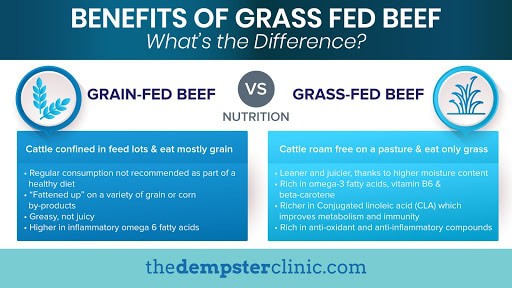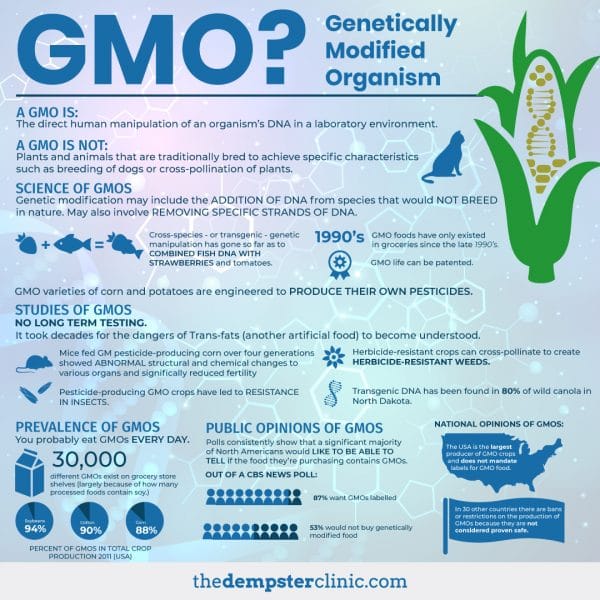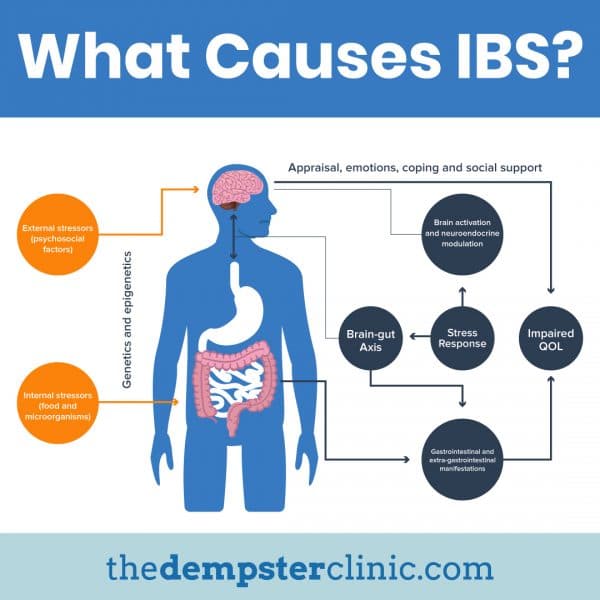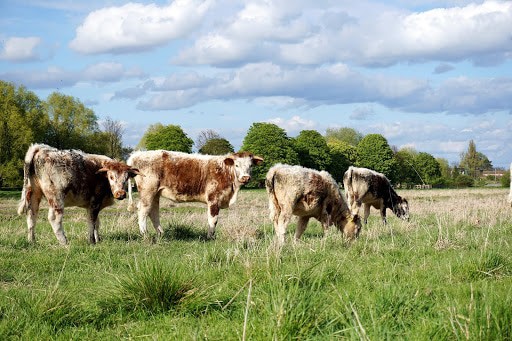How much time have you spent thinking about where your meat comes from? Understandably, this is not a favourite topic for many meat-lovers. To the skeptic, “grass-fed,” “free-range,” and “organic” might be nothing more than marketing buzzwords equaling higher prices. And for the squeamish, it may be easier to ignore the fact that your meat was once a living animal. However, it truly is important to consider what your food ate before you eat it! An animals’ diet, as well as their living conditions, affect the nutritional value of the meat that ends up on your plate. Below, I will walk you through the nutritional benefits of eating eggs and meat from organic, free-range cattle and chickens, as well as the advantages of choosing grass-fed beef versus grain-fed beef.
GRASS FED VS ORGANIC GRAIN FED BEEF: WHAT’S THE DIFFERENCE?

When shopping for beef, make sure to purchase from a brand with “Grass-Fed” on the label. Perhaps the most obvious difference between grass-fed beef and grain-fed beef is the quality of life of animals before becoming the nourishing (or not-so-nourishing!) food on your plate. Grain-fed beef typically comes from cattle consuming mostly grain and living in confined feed lots. In contrast, grass-fed beef is the result of happier, healthier cattle who have had the freedom to roam in grassy pastures. Free-range cattle consume grass rather than mass-produced grain, and the result is more than a happier life life for the animals; the nutritional implications for you are extensive.

Notably, grain is not recommended as part of a healthy diet for cattle. So, although grain-fed beef is less expensive, the nutritional quality of the meat suffers. Often, the only nutritional “supplementation” these cattle receive is from the by-products of grain or corn. As we’ll discuss in more depth below, these nutritional shortcuts are usually genetically modified and they fail to give the cattle the nutrients their bodies need.
You can taste the difference in grain-fed beef, as it is typically greasy rather than juicy. Grain-fed beef is also higher in inflammatory omega-6 fatty acids. While the body does use a small amount of omega-6 fatty acids for healthy development and growth, excessive amounts increase inflammation. This can exacerbate any chronic pain issues, and it also increases your risk for numerous diseases, including heart disease, nonalcoholic fatty liver diseases, obesity, Alzeimer’s disease, and arthritis.
In contrast, cattle that is free-range and grass-fed results in juicier, leaner meat that has very positive nutritional benefits. I will talk about these in more detail below, but a diet consistent in organic, free-range, grass-fed beef can improve your immune system, help keep your weight in check, and keep a wide range of diseases at bay.
WHY IS ORGANIC MEAT SO IMPORTANT?
Another important label to look for is “Organic.” Meat is organic when it comes from animals who have consumed a diet free from antibiotics, genetically modified organisms (GMOs), hormones, pesticides, and any other type of synthetic chemical. Like grass-fed meat, organic meat may come with a higher price tag, but it also provides you with a higher concentration of essential nutrients. In order to make sure a food is organic, look for the official organic logo on the packaging, as regulated by the Canadian Food Inspection Agency.
It is important to realize that, as the trend in free-range, organic meat has been growing, so has the use of pesticides and herbicides. Likewise, GMOs have become more and more prevalent. Another way to look at it is that the industries that appeal to bargain-shoppers have become increasingly sneaky; beware of foods with “natural” on the label. This is a way of suggesting that the meat is safer, but in reality, the meat can still legally contain growth hormones, antibiotics, GMOs, and other harmful modifications. Additionally, the animals may still not have been treated fairly, and there still might be a high degree of environmental pollution. Below, I will walk you through the main differences between organic and non-organic meat.
1. GMOS

One reason to stick to organic meat is to avoid GMOs. A genetically modified organism (GMO) involves the direct manipulation of an organism’s DNA in a laboratory environment. Since there is often confusion surrounding the exact definition of a GMO, it is important to clarify that a GMO does not include plants and animals that have been traditionally bred to achieve specific characteristics. For example, things like breeding dogs or the traditional cross-pollination of plants are not instances of genetic modification.
Rather, a GMO involves the addition of DNA from a species that would not otherwise breed in nature. A GMO may also involve removing naturally-occurring strands of DNA.
Interestingly, many of the GMOs you might be consuming on a regular basis are through the meat that you eat. Therefore, even if you are carefully selecting “non-GMO” fruits and vegetables, there is a big chance that the non-organic meat you eat originates from cattle eating corn and grain that has been genetically modified.
From a nutritional perspective, eating meat from animals eating genetically modified crops can be extremely detrimental to your health. One alarming effect is that GMOs can disrupt the natural functioning of your reproductive system. In fact, they may be one of the leading causes in the rise of female polycystic ovarian syndrome. Additionally, meat from animals feeding on genetically modified feed may trigger undue allergies and food sensitivities.
GMOs also harm the environment by introducing new, unnatural strains that disrupt the surrounding ecosystem. And, while some have argued that GMOs are a reasonable solution to global hunger, they actual threaten the global food supply by eradicating biodiversity. (Consider the Irish potato famine!)
From a human rights perspective, GMOs are dangerous because they give companies intellectual property rights over life. In other words, patented crop varieties jeopardize the agricultural freedom of farmers and put them at risk for legal action for naturally-occuring circumstances beyond their control. For example, a farmer can be taken to court by a patent-owner due to pollen from a neighboring field intermingling with their own crops and causing a change in DNA!

2.Cancer
Eating organic foods may dramatically reduce your risk for cancer, and organic meats are no exception. One particularly compelling study published in JAMA Internal Medicine includes over 68,000 participants and spans over eight years. Researchers found that people who consumed mostly organic foods, including organic meat, had 25% less instances of cancer than people who did not eat a mostly-organic diet.
Admittedly, the study was not perfect. There was a higher percentage of female participants, and the study did not validate the answers reported by each participant. However, there are more and more smaller studies on organic foods are emerging, and they are reporting the same results: eating organic meat is closely linked to a reduced risk of developing cancer.
3.Diabetes and Heart Disease
Eating organic, free range meat is an important part of maintaining a healthy diet and may even help prevent diabetes – but the emphasis here is on choosing quality meat. Processed meats are laden with preservatives and sugars that impair your body’s natural detoxification pathways and put undue stress on your pancreas. This is alarming because your pancreas is essential for creating insulin to regulate your body’s sugar levels, which is necessary for fending off Type 2 diabetes, the most common type of diabetes.
In a study conducted by the Harvard School of Public Health, researchers found that individuals who consumed processed meats, like sausage and bacon, were nearly twice as likely to develop heart disease and 19% more prone to Type 2 diabetes. However, individuals who ate unprocessed meat, like beef or pork, did not show a higher risk of developing one or both of these potentially deadly diseases.
4. IBS, Constipation, and Bloating

Irritable Bowel Syndrome (IBS) is a complex condition with many likely causes, stemming from lifestyle choices like your diet, the amount of exercise you get, and your stress levels. While eating organic food isn’t necessarily a “cure all,” it is an important part of finding respite from your symptoms. This is because eating non-organic meats can lead to the accumulation of toxins in your liver, which places a huge stress on your bowel.
5.Healthier Fats
Grass-fed beef is leaner and contains less calories per gram than grain-fed beef and contain more omega-3 fatty acids. While you might think it is best to avoid fats altogether, healthy fats like omega-3 fatty acids are actually necessary for a healthy body and mind. In fact, they help reduce your risk for heart and brain disease, and they help strengthen your concentration and memory. Because our body does not produce them naturally, it is important to eat a diet that includes foods rich in omega-3 fatty acids.
WHAT ARE PASTURED, FREE RANGE CHICKENS AND WHY DOES IT MATTER?

In addition to choosing organic meats, opting for pastured, certified free range poultry is also essential. The ideal source for poultry and eggs is chickens who have been raised in pastures. This means that they have been permitted to live a natural life, with a generous natural environment in which to nestle, strut, and fluff their feathers. Your best bet is to buy chicken and eggs from small, local farms when possible. Not only does this help eliminate the risk of animal cruelty, but it also means that the eggs and meat will be more nutritious.
When chickens are exposed to sunlight and feed on grass and insects as nature intended, they are happier and healthier. Like you should be when purchasing beef, beware of GMOs! Farmers will often supplement the chickens’ natural diet with soy-based feed that likely contains GMOs. Again, smaller farms tend to be the most transparent about the diet and lifestyle of their livestock.
“Free range” is very different from “free run,” despite the very slight difference in verbage. Unlike the US, all chicken and turkeys raised for meat in Canada are cage-free. However, “free run” is not as innocent as it sounds. “Free run” chickens never go outside; the label changes to “free range” when they are allowed to venture outdoors.
Now, even though all poultry raised for meat is free run, this is not necessarily true for egg-laying hens. In fact, the majority of hens raised for the purpose of laying eggs are kept in cages. For this reason, it is especially important to look for the “free range” label on eggs in order to ensure the chickens were treated humanely.
I wish it were as simple as selecting “free range” over “free run.” But in reality, just because chickens or turkeys have been raised outside of cages does not equal a comfortable life! In order to make sure the once-living food on your plate lived a relatively stress-free, humane life, it is best to select something with Organic on the label.
When the poultry you purchase is certified organic, you know that at an actual auditor is paying regular visits to the farm where it was raised to ensure that all the organic program rules are being obeyed. This includes the freedom to roam outdoors when the weather permits, as well as adequate shelter when it does not. It also certifies that the animals must consume organic feed and that unhealthy mammalian- and avian- by-products are prohibited. In short, you know for sure that your poultry is free from antibiotics, hormones, and inhumane treatment.
Pasture Raised, Free Range Eggs Are Better for You
Multiple studies show that free range eggs are more nutritious. According to a 2007 study published by Mother Earth News, pasture-raised hens produce eggs that:
- Are richer in omega-3 fatty acids
- Contain a whopping ⅓ less cholesterol than conventional eggs
- Provide 7 times more beta-carotene
- Have a quarter less saturated fat
- Contain ⅔ more Vitamin A
- Provide three times more Vitamin E
Additionally, researchers in California found that free range hens with access to sunlight delivered eggs with three to four times more Vitamin D than factory-raised chickens. For more evidence, check out this study published by the Cambridge University Press.
CREATING THE BEST DIETARY PLAN FOR YOU AT THE DEMPSTER CLINIC- CENTER FOR FUNCTIONAL MEDICINE
Eating only organic, grass-fed, free range meat and eggs is an instrumental way to ensure you are getting the good nutrition you need and avoiding toxic herbicides and pesticides. However, this is just one part of planning a healthy diet. Furthermore, everybody has different nutritional needs depending on his/her own unique genetic makeup and lifestyle. In order to build the best healthy meal plan for you individually, I recommend a detailed functional medicine analysis. At The Dempster Clinic- Center for Functional Medicine, I can work with you to create an individualised nutritional meal plan.
Don’t hesitate to schedule a Complimentary 15-minute Discovery Session with me, which can take place over the phone or at the clinic. I would be delighted to tell you more about the services I offer, at no cost to you.
Please schedule an appointment today!
Dr. John Dempster BSc., ND, FAAFM
The Dempster Clinic- Center for Functional Medicine


